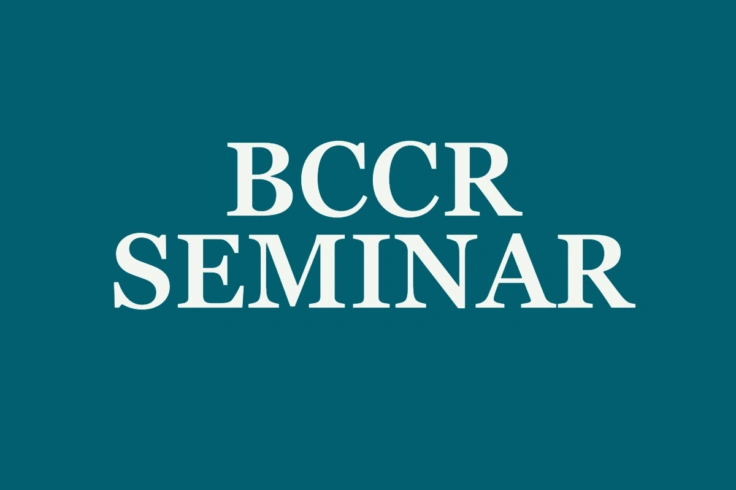Kalender
PhD Forum: External funding event
Tidspunkt
14. november 2024, 12:00-14:00
Sted
Kvartsitten, Realfagbygget
Hello everyone,
This month’s scientific event will be on External Funding for PhDs, hosted by Friederike Hoffmann.
If you’re interested in finding out how to apply for funding for travel, mobility, or future post-doc positions then this is the event for you. The event will also feature talks from Helene Stemland and Thomas Thuesen, two previous PhD who managed to secure themselves funding. They will share their experiences and give you further insights into what you can expect during the funding application process.
When: Thursday 14th November, 13:00 – 15:00
Where: Kvartsitten, Realfagbygget
You can sign up for the event here. If there’s a particular type of funding you want to find out about, you can let us know in the sign-up form.
Best wishes,
The PhD Forum Board (Ana, Daniel, Ina, Linda, Marianne, Pushpak and Torunn)
Flere kalenderoppføringer
Se alle
BCCR Monday Seminar: “Decadal prediction for the energy sector”
